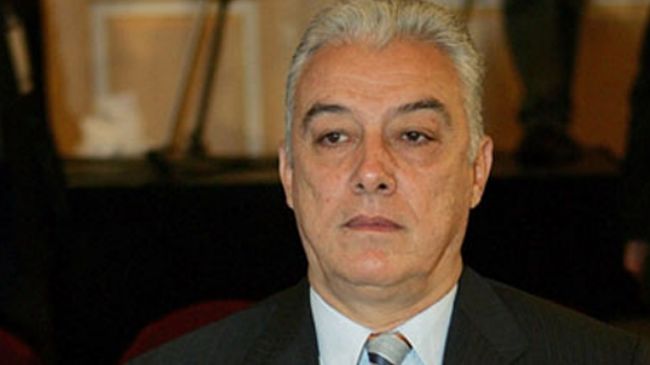
European foreign ministers decided on Wednesday to revoke all export licenses to any equipment which could be “used for internal repression” in Egypt.
In a meeting held at the European Union (EU) headquarters in Brussels to discuss the EU’s response to the violence in Egypt, European foreign ministers stressed the EU’s support for the people of Egypt and their quest for democracy, human rights, social justice and economic prosperity.
The meeting was headed by the EU High Representative for Foreign Affairs and Security Policy, Catherine Ashton. Before entering the meeting, Ashton told reporters that the EU is “extremely worried and concerned” about the level of violence in Egypt.
“We stand with the Egyptian people,” Ashton said. “Our relationship with the people of Egypt matters enormously to us.”
The European ministers also agreed to review the EU assistance to Egypt. Ashton nevertheless added that “the assistance to most vulnerable groups and civil society must continue”.
In a press conference held after the extraordinary meeting of the Foreign affairs council, Ashton said the EU generally believes that the Egyptian security forces’ recent operations “were disproportionate”. Ashton added that the EU also condemns the acts of terrorism happening in Egypt, such as the murder of policemen in Sinai and the attacks on Coptic churches and mosques.
Before entering the meeting, United Kingdom Foreign Secretary William Hague told reporters that the attacks on churches and hospitals “don’t win support for the Muslim Brotherhood or anybody working with them anywhere in the world.”
“We want all political parties to engage in a national dialogue to restore the democratic process,” Ashton said in the press conference. “Political groups shouldn’t be excluded as long as they renounce violence.”
Ashton concluded her statement with stressing that the EU would continue to closely follow the situation. After the meeting, Hague told reporters that the European ministers supported the role Ashton has played in regards to the crisis in Egypt.
Before the meeting, Ashton addressed the importance of implementing political roadmap to Egypt’s transitional period. She cited discussions with Egyptian authorities on getting the roadmap “not only on the table but also in action”.
Ashton visited Egypt in July and met with ousted President Mohamed Morsi during his detention. On Tuesday, Ashton expressed her readiness to visit the country again should Egyptian authorities “wish me to come back again.”
Hague listed three principles he said should act as a guide in deciding on Egypt, including; supporting democratic institutions and their creation, promoting political dialogue, and “keeping faith with the majority of people in Egypt who want a stable, democratic and prosperous country”.
The UK was quick to suspend military assistance to Egypt and revoke export licences of goods which could be “used for internal repression,” alongside Germany, Italy and the Netherlands, even before Wednesday’s meeting.
Among the options which remain on the table is the cancellation of the €5bn pledged by the EU to Egypt in November 2012 as long-term assistance. The European Neighbourhood Partnership Instrument (ENPI), worth € 1bn, is also at stake. The amount of money was made available in the 2007-2013 financial period. In 2013, only €16bn has been paid until August. A memorandum at EU’s official website stated that the reasons for the decreasing disbursement levels were “the ongoing instability in the country and the non-compliance with agreed conditions”.
Egyptian foreign Minister Nabil Fahmy met with a European Union (EU) envoy headed by EU Ambassador James Moran, in Cairo on Tuesday to discuss the future of EU-Egypt relations.
In his meeting with Moran, Fahmy expressed “shock” at the EU failing to release a statement strongly condemning “terrorist acts,” include the burning of police stations and churches and the attacks on security troops in Sinai that have left 25 dead, according to a statement from the ministry of foreign affairs.



